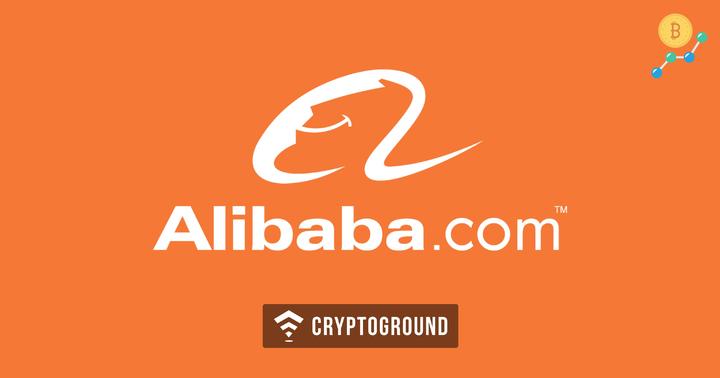China’s predominant E-commerce player, Alibaba, pilots its blockchain technology to counter food frauds. Alibaba has partnered with four Australian and New Zealand-based firms to gun down criminal activities that cost the global food industry $40 billion each year.
With PwC as an advisor, the program ‘Food chain framework’ has launched a trial with Australia's health care and supply brand Blackmores and New Zealand’s dairy brand Fonterra. It will use an unchangeable central ledger to achieve throughout supply-chain transparency to enhance consumer confidence and build a trusted environment for international trades.
Alibaba’s premier international marketplace, Tmall Global adapts a bunch of standards to manage the supply-chain process, which includes blockchain technology and product tagging with unique QR codes. The technologies will verify, record, authenticate and provide an ongoing ledger that is made public to report on the transfer of ownership and provision of products and goods.
How does the whole process work?
Blockchain can help the food industry by detecting frauds such as using fake ingredients, and food contamination. Retailers can easily backtrack the supply chain and separate the specific batch instead of suspending the entire shipment. Blockchain also gives consumers major certainty that what they are consuming is exactly what’s stated on the package.
A study by PricewaterhouseCoopers admits that 39 percent of food companies across the globe admitted that it is really easy to fake their food products. Alibaba’s success will draw many eyes towards it, Which may revolutionize the whole food chain industry.
























